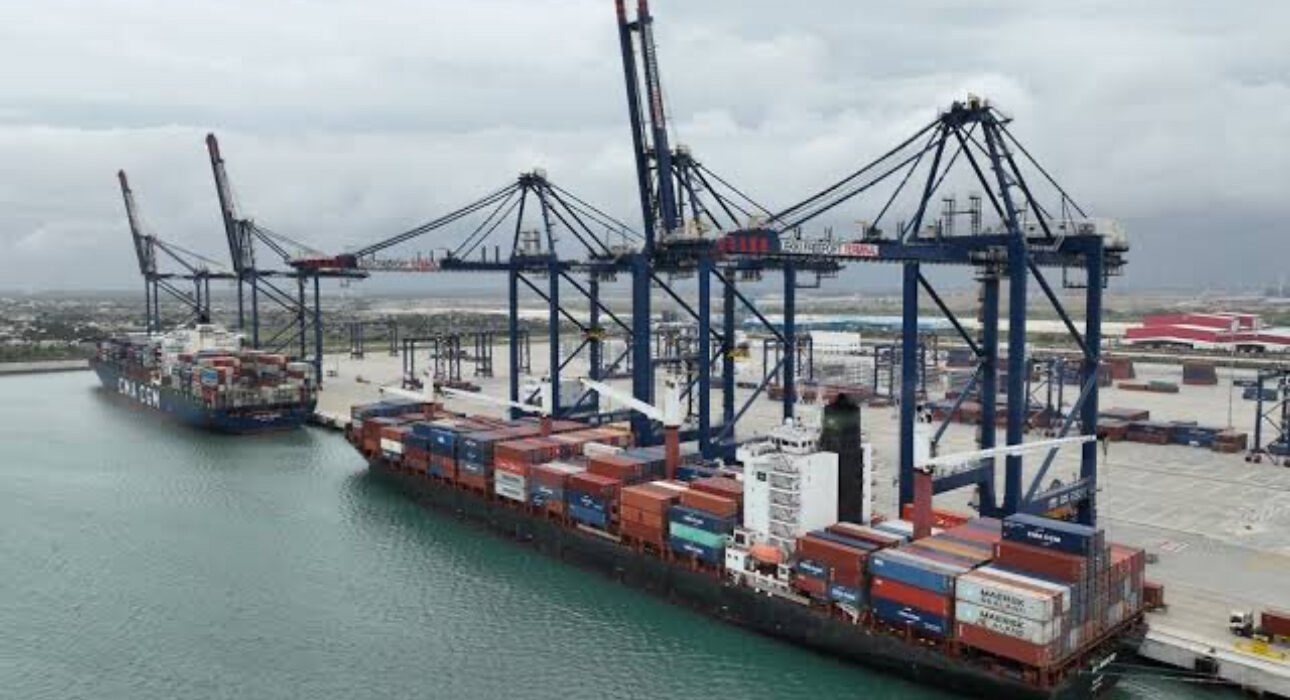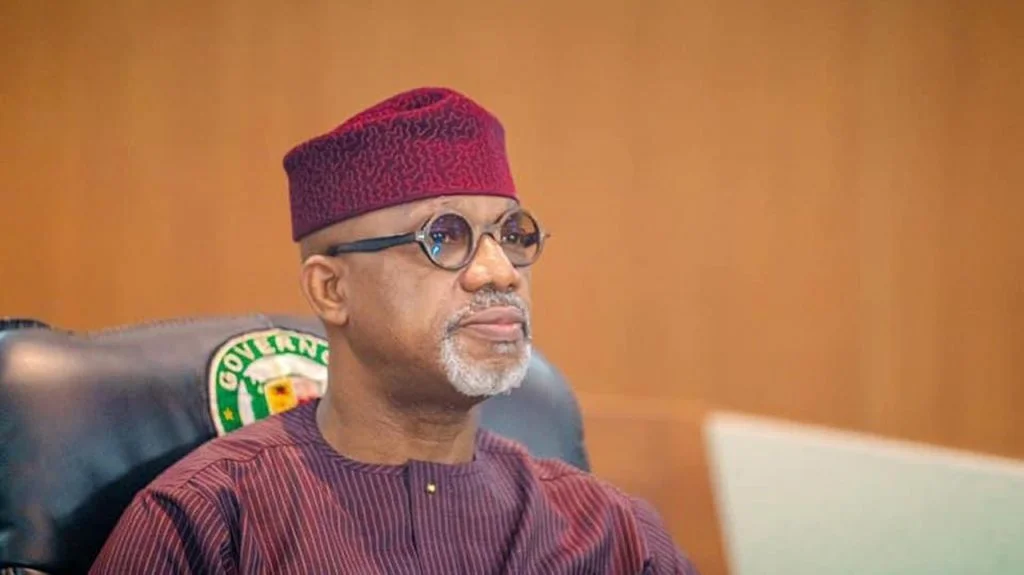Federal Government Projects $200 Billion Revenue from Lekki Deep Sea Port

The Federal Government of Nigeria expects to generate about $200 billion in revenue from the Lekki Deep Sea Port over its 45-year concession period, according to the Minister of Marine and Blue Economy, Mr. Adegboyega Oyetola.
Speaking at a shipping industry event in Lagos, Oyetola described the Lekki Port as a game-changer for Nigeria’s maritime economy, highlighting that it has the capacity to reshape trade logistics, ease congestion in existing Lagos ports, and enhance Nigeria’s standing as a regional shipping hub.
He explained that the projected revenue would come from taxes, royalties, and duties, while the wider business activity around the port is expected to generate an additional $158 billion for the economy.
Beyond revenue, the minister also pointed to the port’s role in employment creation, with forecasts of up to 170,000 direct and indirect jobs across sectors such as shipping, logistics, and support services.
Since commencing full commercial operations in April 2023, the Lekki Deep Sea Port has already set itself apart as Nigeria’s first fully automated deep-sea facility, equipped with Super Post-Panamax ship-to-shore cranes and Rubber Tyre Gantry cranes.
Its deep-water berths allow it to handle some of the world’s largest container vessels, a development that officials say will make cargo clearance faster and more efficient.
Oyetola stressed the need for supporting infrastructure, particularly roads and rail links, to ensure smooth evacuation of goods from the port and to prevent the type of gridlock seen around Apapa and Tin Can Island ports.
He added that the Federal Government intends to replicate the Lekki model in other ports nationwide, modernising facilities in Apapa, Onne, Calabar and Rivers ports to achieve similar levels of efficiency and revenue generation.
According to the minister, the Lekki Port’s success is built on five strategic pillars: a prime location along key shipping routes, strong public-private partnership, integrated transport links, supportive government policies, and technology-driven operations.
These, he said, will serve as a model for future maritime infrastructure projects in the country.
With its long-term revenue potential, job creation capacity, and efficiency standards, the Lekki Deep Sea Port is widely regarded as one of Nigeria’s most transformative infrastructure projects in recent decades, positioning the nation as a central hub for maritime trade in West Africa.









